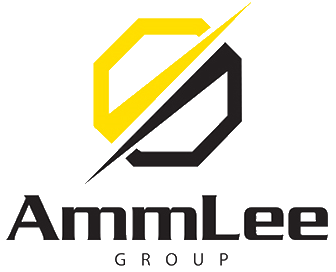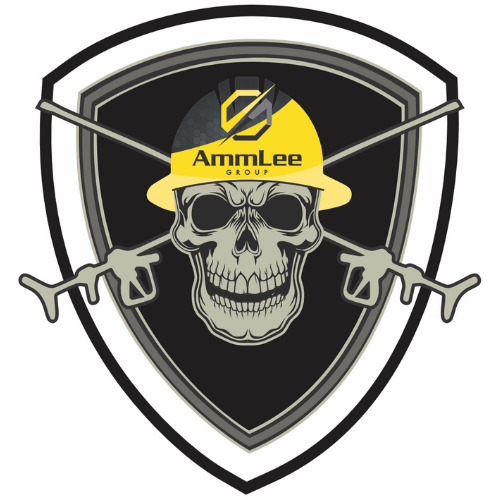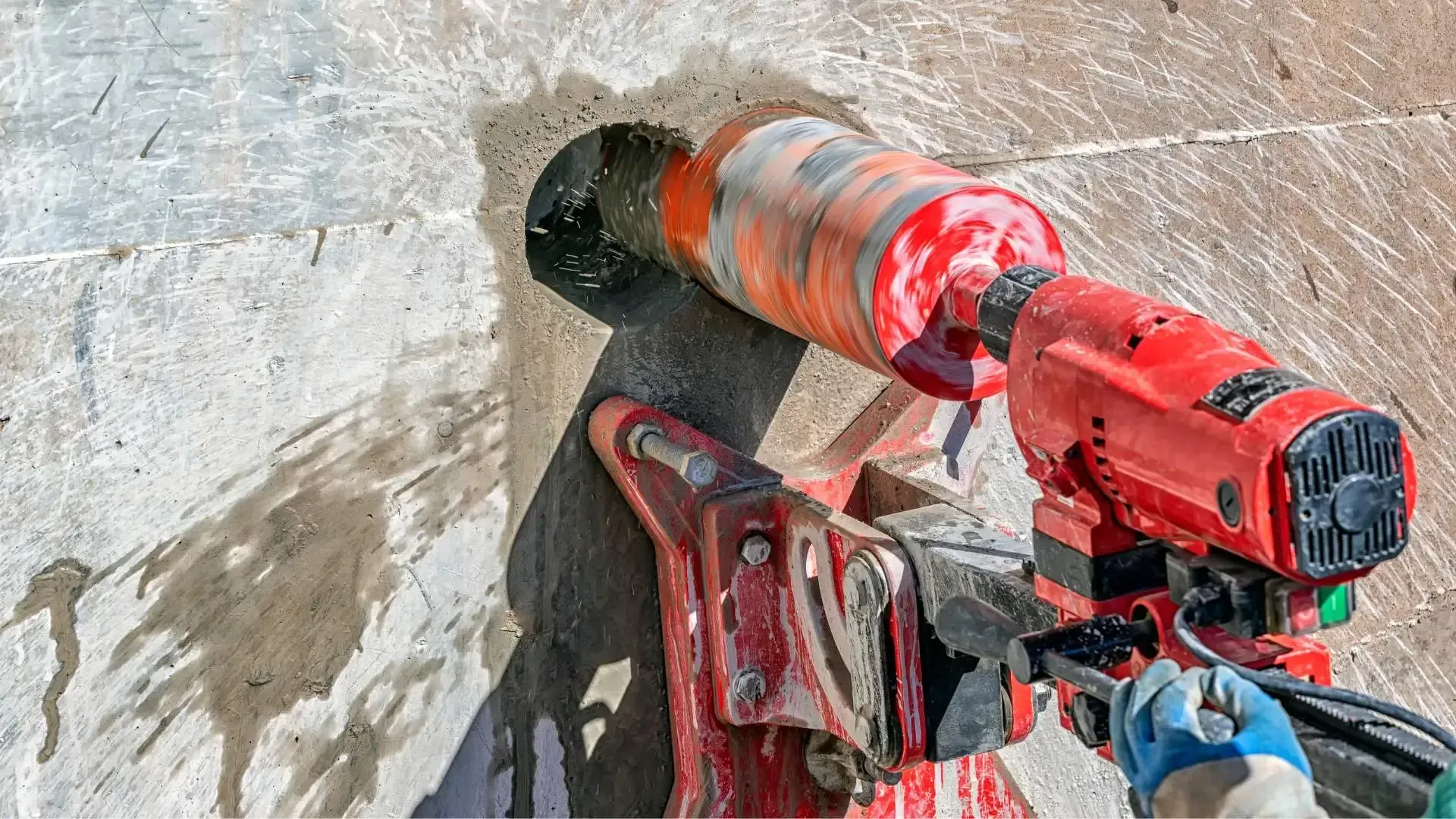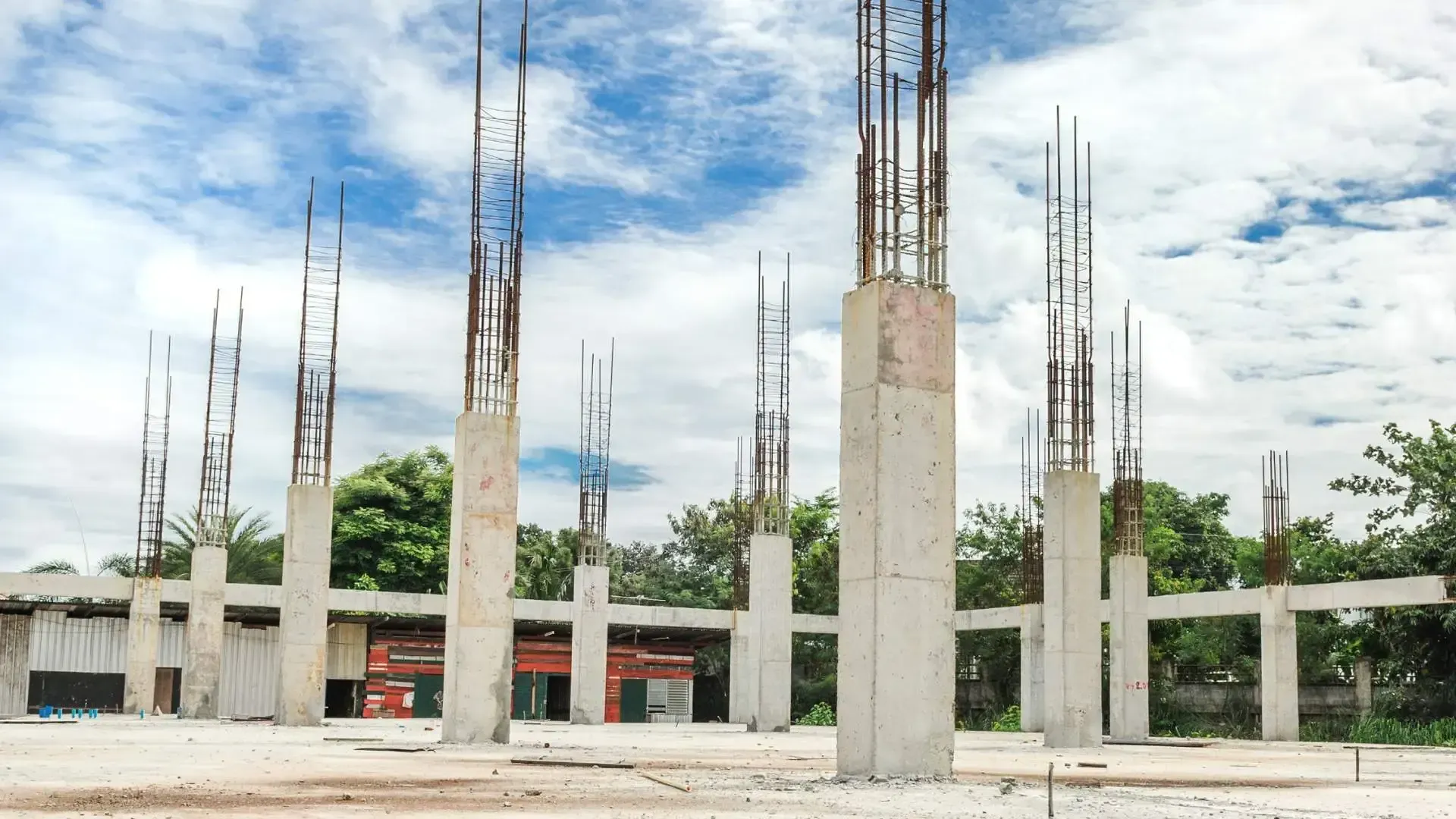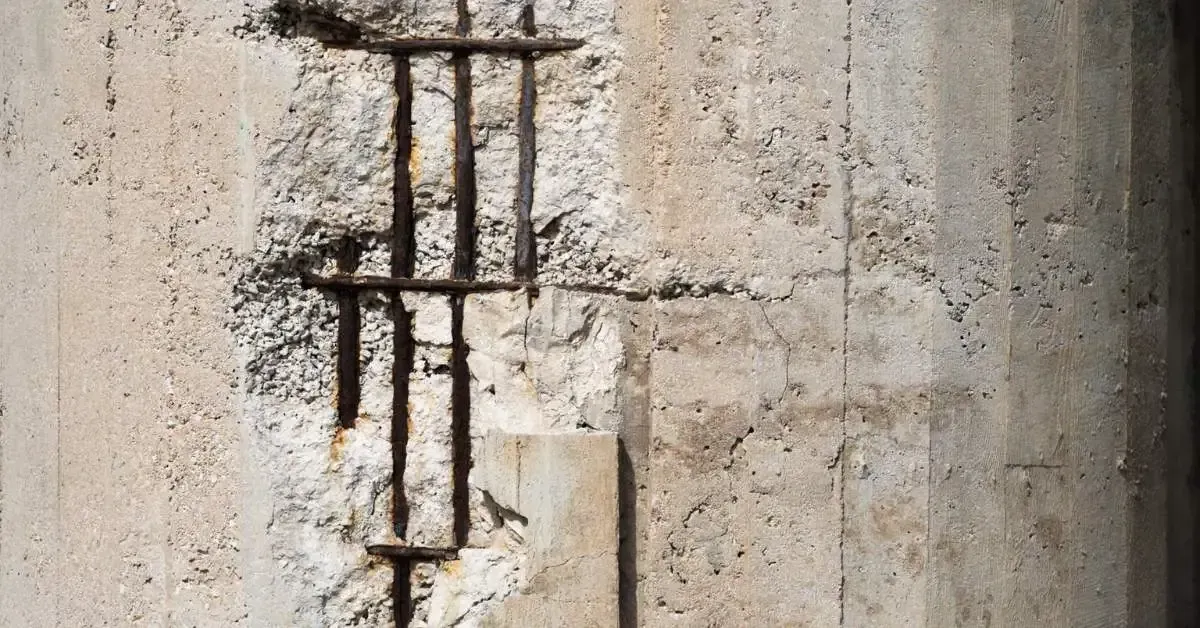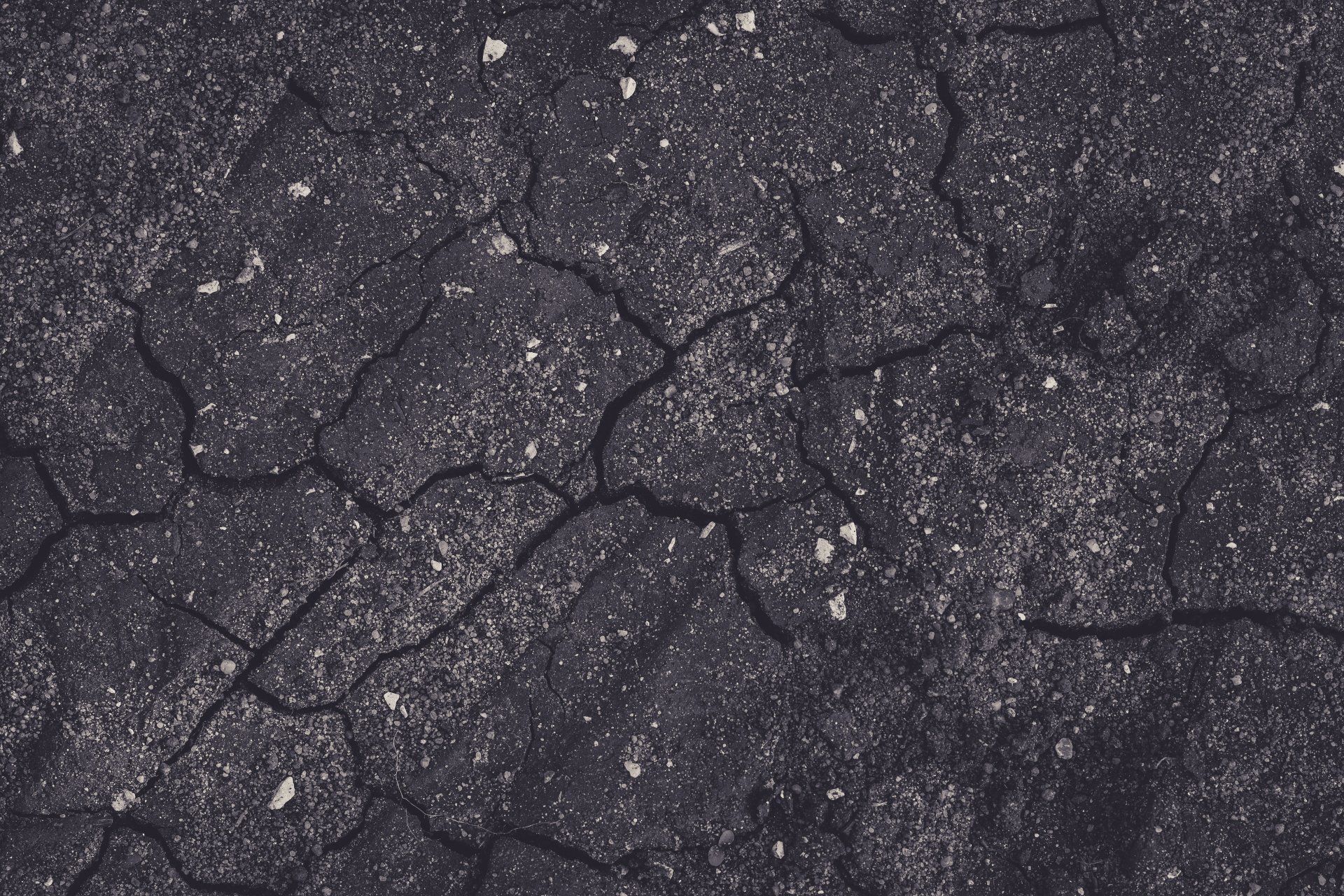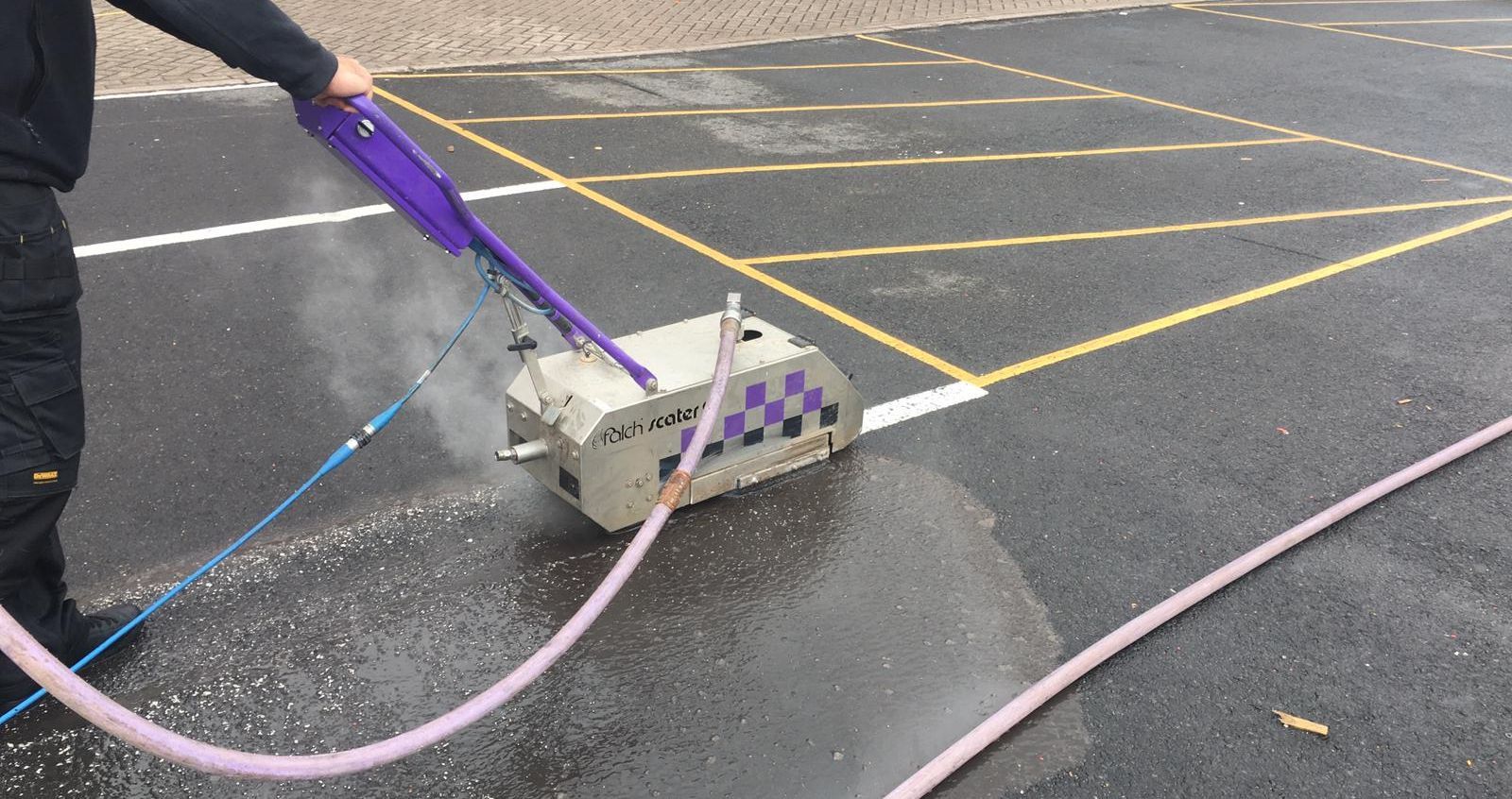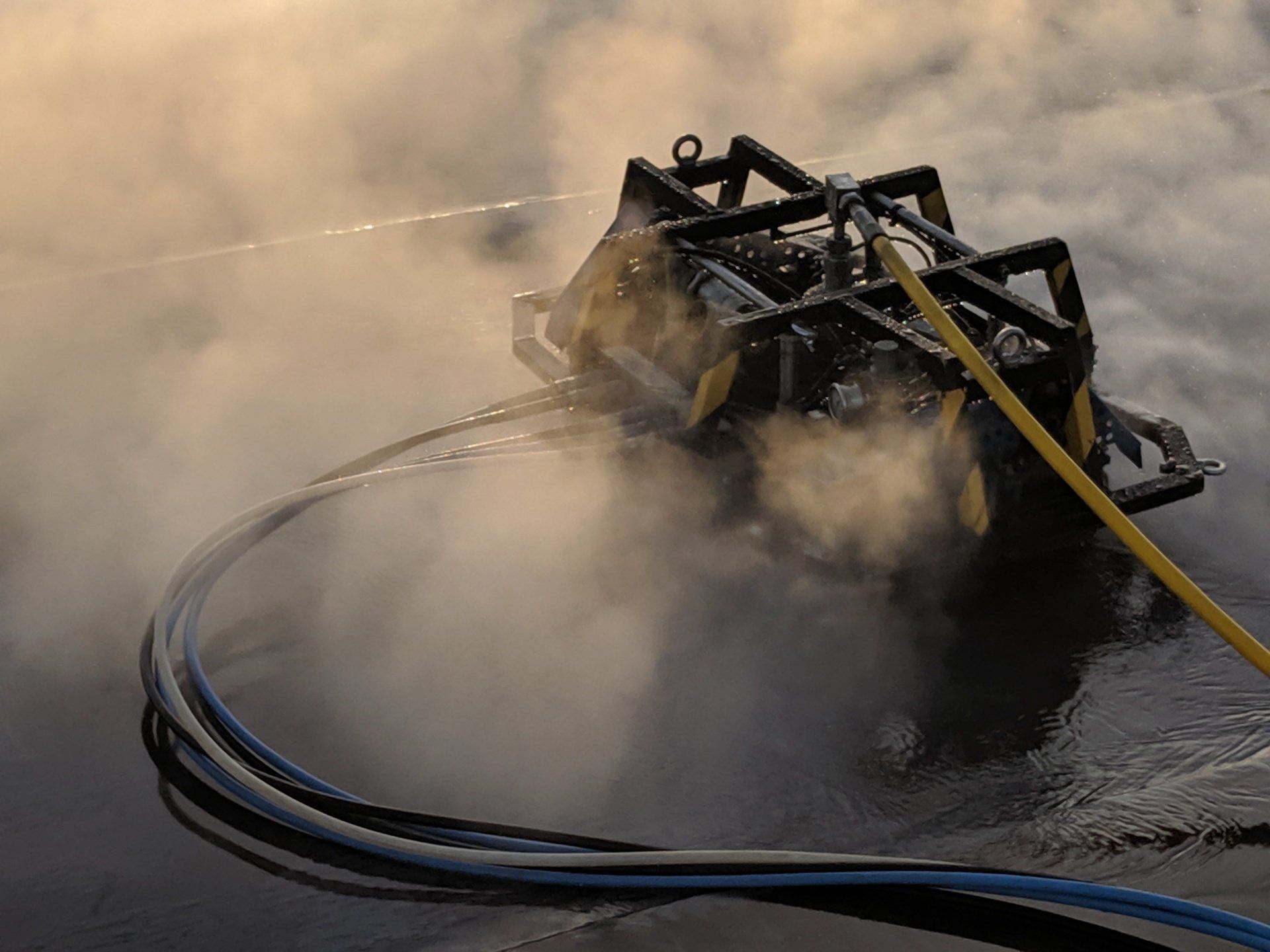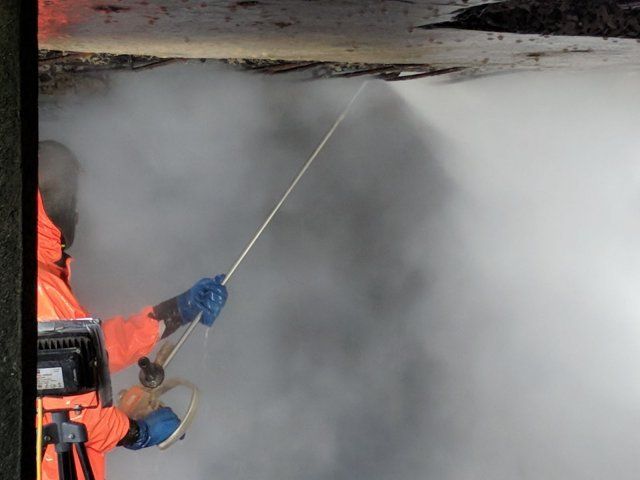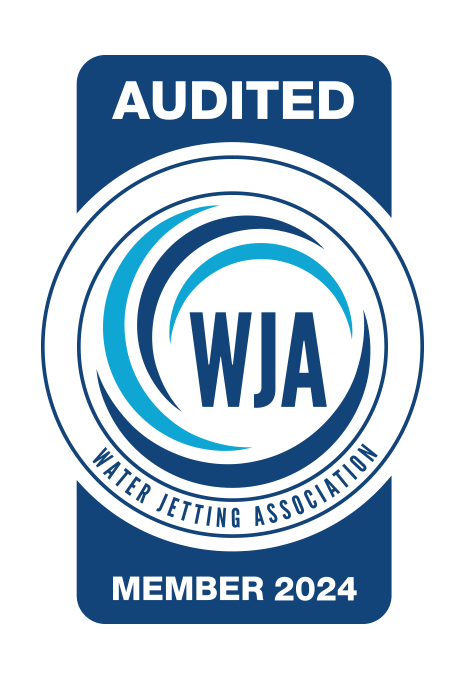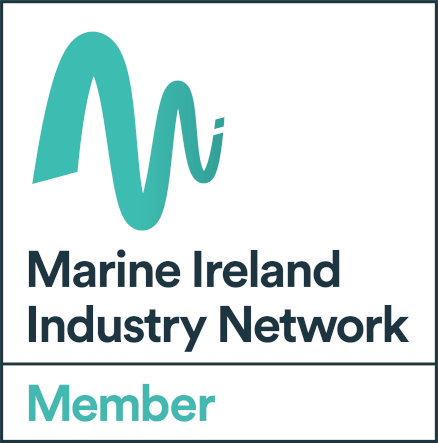What is Industrial Cleaning?
Industrial cleaning involves the thorough cleaning of industrial facilities, equipment, and workspaces. It uses specialised techniques and equipment to remove dirt, grime, and contaminants from machinery, production areas, and other industrial environments.
Industrial cleaning is crucial for maintaining operational efficiency and safety. Clean equipment and workspaces help prevent malfunctions and breakdowns, ensuring smooth and uninterrupted production processes. Additionally, regular cleaning reduces the risk of accidents and health hazards, creating a safer environment for workers.
Proper industrial cleaning also helps in compliance with industry regulations and standards, further improving overall operational reliability and safety.
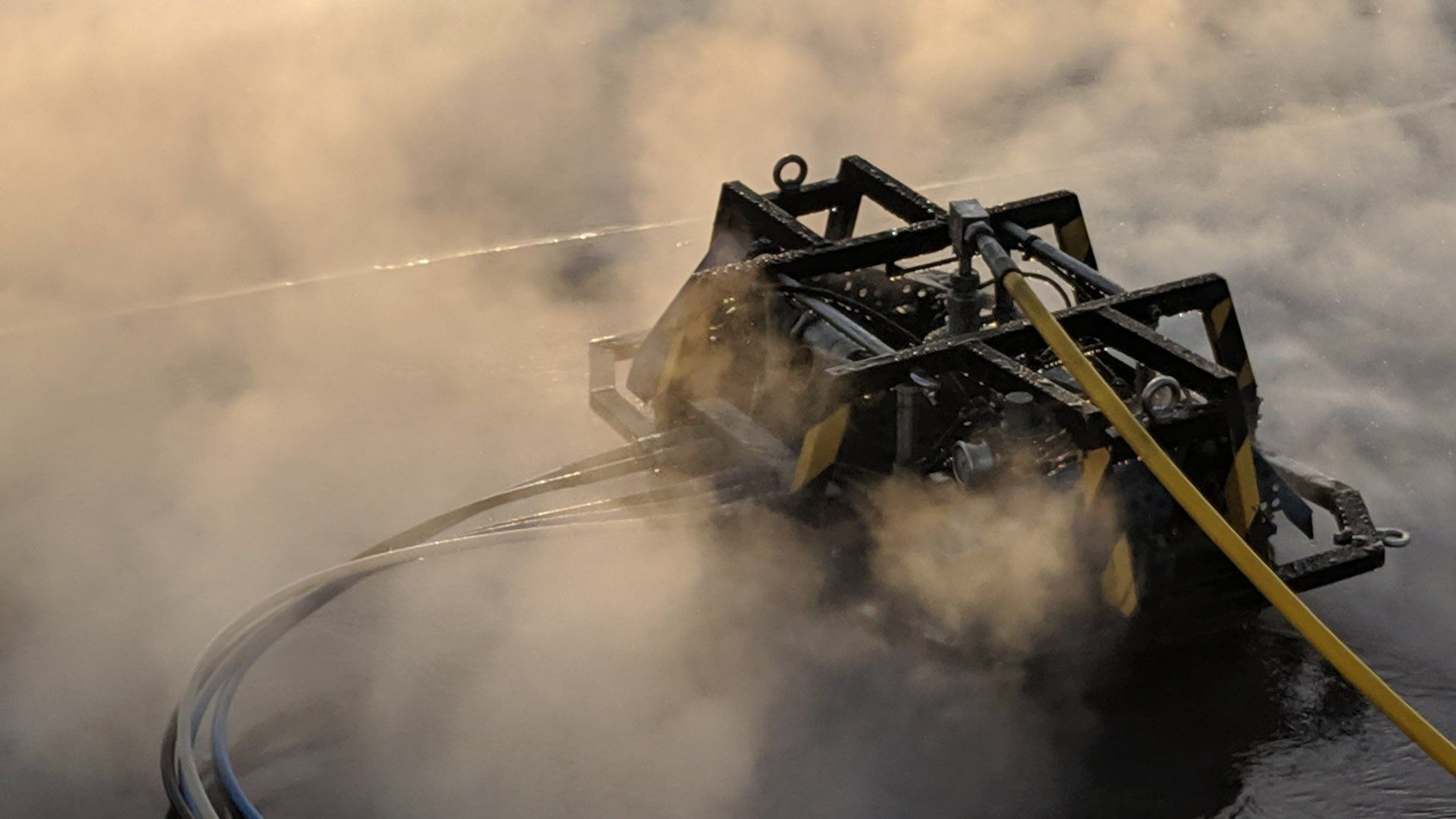
Where is Industrial Cleaning Needed?
Industrial cleaning is essential across various settings to maintain hygiene, efficiency, and safety. Common industrial settings include:
- Factories: Cleaning production lines, conveyor belts, and manufacturing equipment to promote smooth operation and prevent contamination.
- Refineries: Regular cleaning of storage tanks, processing units, and distillation columns to maintain product quality and prevent hazardous build-up.
- Power Plants: Cleaning boilers, turbines, and cooling towers to enhance energy production and reduce the risk of equipment failure.
- Petrochemical Plants: Removing hazardous residues and contaminants to promote safe and efficient operations.
- Shipping Vessels: Cleaning ship hulls, tanks, and machinery to prevent corrosion and maintain vessel performance.
- Warehouses: Keeping floors, surfaces, and storage areas clean to maintain a safe and hygienic environment.
These settings highlight the diverse applications of industrial cleaning, showcasing its important role in ensuring operational efficiency, safety, and compliance across various industries.
What is Industrial Cleaning Equipment?
Industrial cleaning relies on a variety of specialised equipment to achieve thorough and efficient results. Common types of equipment include:
- high-pressure water jetting systems,
- industrial vacuums,
- steam cleaners,
- and chemical applicators.
Each type of equipment is designed for specific cleaning tasks and environments. To ensure safety and proper use, workers must understand how to operate the tool and wear PPE when necessary.
What are The Types of Industrial Cleaning?
Industrial cleaning encompasses various methods, each suited for specific tasks and environments. Key methods include:
- High-Pressure Water Jetting: This technique uses high-pressure streams of water to remove dirt, grime, and contaminants from surfaces. It's effective for cleaning machinery, tanks, pipelines, and other hard-to-reach areas.
- Chemical Cleaning: Specialised chemicals are used to dissolve and remove stubborn residues and contaminants.
- Steam Cleaning: Uses high-temperature steam to sanitise and clean surfaces to kill bacteria and remove grease and grime.
- Abrasive Blasting: Involves the use of abrasive materials like sand, glass beads, or baking soda, propelled at high speeds to clean surfaces.
- Cryogenic Cleaning (Dry Ice Blasting): This technique uses dry ice pellets as the blasting medium, which converts to gas upon impact, leaving no residue and effectively removing contaminants.
Each method has its unique advantages and is chosen based on the specific cleaning requirements of the industrial setting.
The Benefits of Water Jetting for Industrial Cleaning
Water jetting, also known as hydroblasting, is an industrial cleaning method that uses high-pressure streams of water to remove dirt, grime, and contaminants from surfaces. This technique is highly effective for cleaning a wide range of industrial equipment and areas, including machinery, tanks, pipelines, and surfaces with tough residues.
How It Works
Water jetting involves pumping water at extremely high pressures through a specialised nozzle. The high-pressure water stream cuts through and dislodges contaminants from surfaces, effectively cleaning without the need for abrasive materials or harsh chemicals.
Advantages of Water Jetting
- Efficiency: Water jetting is a highly efficient cleaning method. The powerful water jets can quickly and effectively remove even the toughest contaminants, reducing downtime and increasing productivity.
- Safety: Water jetting minimises the risk of damage to equipment and surfaces. Unlike abrasive blasting, which can wear down materials, or chemical cleaning, which can pose health risks, water jetting is a non-abrasive and safer alternative for workers and equipment.
- Environmental Benefits: Water jetting is an environmentally friendly cleaning solution. It uses only water, eliminating the need for harmful chemicals that can pollute the environment. Additionally, the absence of secondary waste, such as abrasive materials or chemical residues, makes clean-up easier and more eco-friendly.
- Versatility: This method is versatile and can be used in various industries, including manufacturing, petrochemicals, power generation, and more. It is effective for a wide range of cleaning tasks, from removing scale and deposits in pipelines to cleaning tanks and machinery.
- Cost-Effectiveness: Water jetting can be a more cost-effective solution in the long run. It reduces downtime due to its quick and efficient cleaning capabilities, reducing the need for chemicals and minimizing wear and tear on equipment.
By choosing water jetting, industries can achieve a cleaner, safer, and more environmentally responsible solution for their cleaning needs.
Key Takeaways
Industrial cleaning is essential for maintaining operational efficiency and safety across various settings. Key things to remember include:
- Industrial cleaning involves the thorough cleaning of industrial facilities, equipment, and workspaces using specialised techniques and equipment.
- It is needed across a variety of settings, including factories, refineries, power plants, shipping vessels, and construction sites.
- There are various types of industrial cleaning equipment, including high-pressure water jetting systems and chemical applicators.
- There are different methods of industrial cleaning, including high-pressure water jetting, chemical cleaning, and cryogenic cleaning.
- Water jetting is a highly efficient, safe, and environmentally friendly industrial cleaning method with numerous benefits over other techniques.
Need an Industrial Cleaning Contractor?
Contact us today to discuss your needs and find out how our industrial cleaning services can be used for your project.
